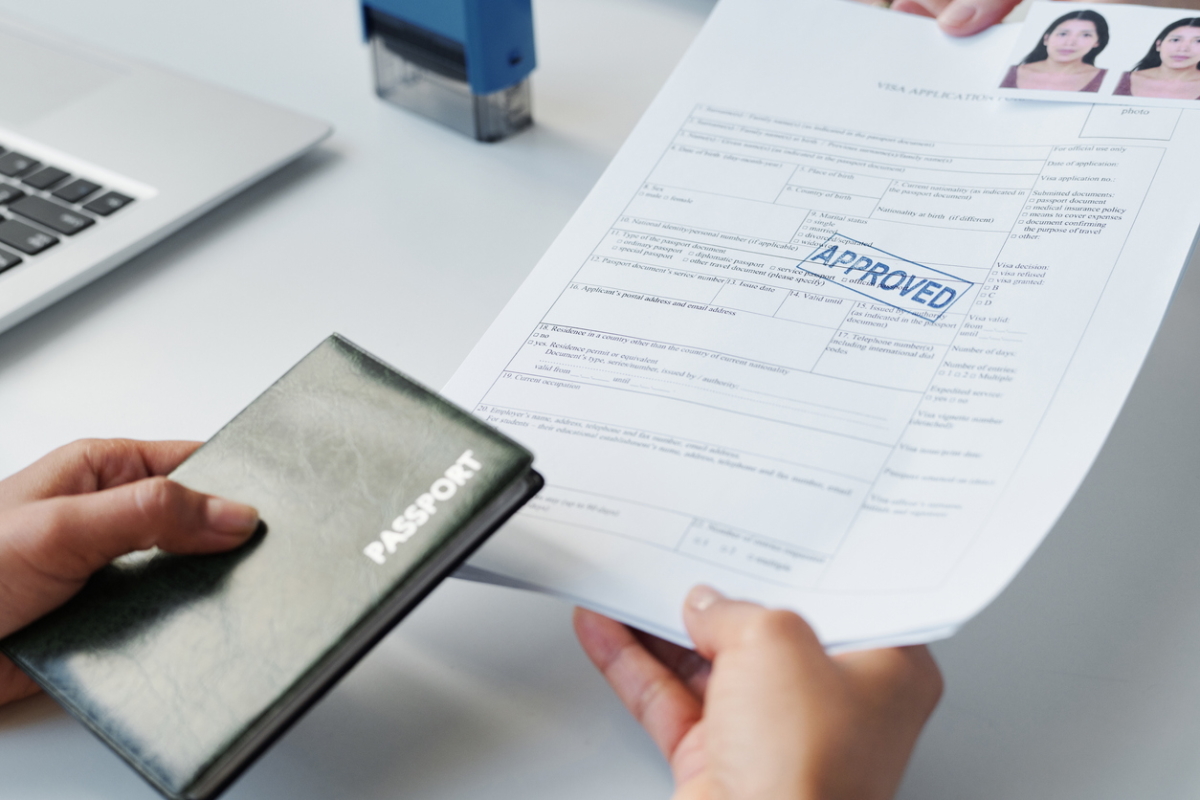Getting Right To Work checks right

Denise Osterwald at Gherson Solicitors LLP explains how to protect your business from the consequences of mismanaging right to work checks
Right to work checks should feature prominently in every company’s recruitment process. Unfortunately, frequent changes to the regime mean that most employers are never quite sure whether they are carrying them out correctly and in line with the latest version of the applicable rules.
Right to work checks were introduced in 2008 in order to ensure that no UK business employs a worker who does not have the legal right to work in the UK. Since then, the rules have changed every few years, which has made this subject matter a regular source of headaches for HR professionals.
Businesses treat their right to work obligations lightly at their peril. Getting them right means the business establishes a so-called ‘statutory excuse’ against any penalties should it transpire later that a new employee did not, in fact, have the right to work in the UK.
Getting this wrong can mean a fine of up to £20,000 per illegal worker, having your sponsor licence downgraded or revoked, having your company’s name listed on the Home Office’s official register of non-compliant employers, or even criminal prosecution – all of which can do significant damage to a company’s reputation.
Confirming the right to work
When to do the checks
Right to work checks should be undertaken before the employee starts work. Most businesses undertake them during the final interview stages. This means they can be sure that they have established a statutory excuse before the employee reaches their workstation on their first day.
It is important to understand that the regime applies to all new employees regardless of nationality, so British and Irish nationals, for example, need to undergo a right to work check just like everyone else.
Who should do the checks
It is important to be clear who, within the company, is undertaking the checks. This will depend on your business model: are you operating out of one location with a limited number of staff, or do you have multiple locations with many hundreds of employees?
Your set-up will dictate how many trained personnel you will need to undertake compliant checks. You may wish to ensure that you have at least two trained employees in every location. They should receive regular training to ensure they are always up to date with the latest right to work regulations. This is especially important if the business operates in an industry with a high turnover of staff.
How to do the checks
Until recently, there was only one way of undertaking a compliant right to work check for any employee, regardless of their nationality. This has recently changed. It is now important to be aware of which type of check is required for which employee.
Any Covid concessions the UK authorities made in relation to right to work checks have also now ended, so it is no longer possible to accept copies of documents or to do the check over a video call.
Manual checks
Manual checks continue to apply primarily to British and Irish nationals. Most businesses will be familiar with this kind of check as, up until recently, it was the only way in which they could be undertaken.
The manual check consists of three stages, all of which have to be completed correctly to secure the statutory excuse. The checker needs to:
- Obtain the correct original document (usually a passport)
- Correctly check the document (is it genuine and does it correctly identify the potential employee who is subject to the check?)
- Make and retain clear copies of the document in question; very specific requirements apply to this stage, so the checker should ensure they are familiar with them
Online checks
Since April 2022 online checks need to be undertaken for most employees who hold a UK immigration permission (those with a Biometric Residence Permit, a Biometric Residence Card, a Frontier Worker Permit or with an online status such as most EU/EEA/Swiss nationals). The prospective employee needs to provide the business with a so-called ‘share code’.
The checker then needs to log into the online employer system to confirm the employee’s right to work. It is not sufficient for the employee to ‘show’ their right to work online, the business needs to log into the system and obtain the relevant evidence themselves.
Identity service providers
Recently, the UK authorities also introduced something akin to a third party provider system. There is now a list of approved ‘Identity Service Providers’ (IDSPs) who can undertake checks on behalf of paying companies. They use ‘Identity Document Validation Technology’ (IDVT) to provide a right to work check.
Unfortunately, this option currently only applies to British and Irish nationals. It is very important to understand that while the work can be ‘outsourced’, the responsibility cannot. So if an IDSP gets the check wrong the business will still suffer the consequences if a worker turns out not to have the right to work.
What does the future hold?
For the moment, UK businesses are stuck with a somewhat fragmented and difficult to navigate right to work regime. Establishing a statutory excuse for each employee therefore remains important, and thus the need for HR professionals to get to grips with the various different ways of obtaining compliant right to work checks.
It is hoped that the UK authorities will over time migrate the various different ways to check to one simple digital platform. Until then, protecting the business from the consequences of getting right to work checks wrong should remain high on every employer’s agenda.
Denise Osterwald is a senior immigration solicitor at Gherson Solicitors LLP
Main image courtesy of iStockPhoto.com

Business Reporter Team
Most Viewed
Winston House, 3rd Floor, Units 306-309, 2-4 Dollis Park, London, N3 1HF
23-29 Hendon Lane, London, N3 1RT
020 8349 4363
© 2025, Lyonsdown Limited. Business Reporter® is a registered trademark of Lyonsdown Ltd. VAT registration number: 830519543





